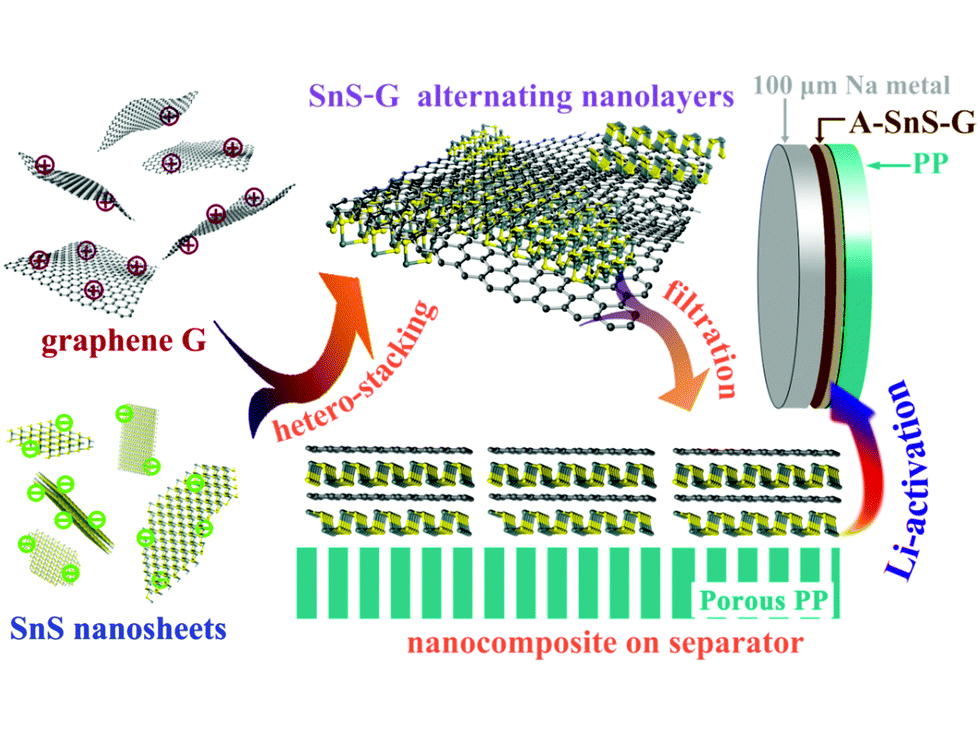
In addition to the upcoming battery manufacturing facility, multiple UT research labs have capabilities to produce and test full-cell batteries with capacities up to 200 mAh. Commercially relevant electrode mass loadings and cycling protocols are employed along with detailed cell performance and electrochemical property assessment.
Standard Cell Prototype Capabilities
- Centrifugal, High-Shear and Ultrasonic Mixers/Processors
- Temperature-controlled Coaters
- Hot Rolling Presses and Vacuum Ovens
- Automated Electrode Punchers
- Coin Cell and Single-Layer Pouch Cells (up to 200 mAh)
- Gloveboxes
- Crimpers
Cell Performance Evaluation
- Over 1,500 battery cycler channels with various current ranges up to 30A
- Specialized cells for advanced evaluation
- Three-electrode cells for inclusion of a reference electrode
- Optical cells for in operando visual analysis during charge/discharge, e.g. probing dendrite formation or lithium plating
- Electrochemical Impedance Spectroscopy (EIS)
- Environmental Chambers for controlled temperature evaluation at temperature extremes
Faculty in This Area
Michael Aubrey
John Goodenough
Hadi Khani
Brian Korgel
Arumugam Manthiram
David Mitlin
Buddie Mullins
Venkat Subramanian
Guihua Yu
Recent Research Projects
Crossover Effects in Cells with High-nickel Layered Oxide Cathodes and Silicon/Graphite Composite Anodes
Arumugam Manthiram
Advanced Energy Materials
Lithium Trapping in Germanium Nanopores during Delithiation Process
Buddie Mullins
Applied Materials Today
Analysis of Early Failure of Lithium–Sulfur Batteries: Crosstalk between Sulfur Cathode and Lithium Anode
Venkat Subramanian
Advanced Science
Dimensionality Effect of Conductive Carbon Fillers in Cathodes
Guihua Yu
Carbon
Dendrite-free Cycling of Thin Na-metal Anodes
David Mitlin
Energy and Environmental Science
An Optimized Li-S Cell
John Goodenough
Advanced Functional Materials

